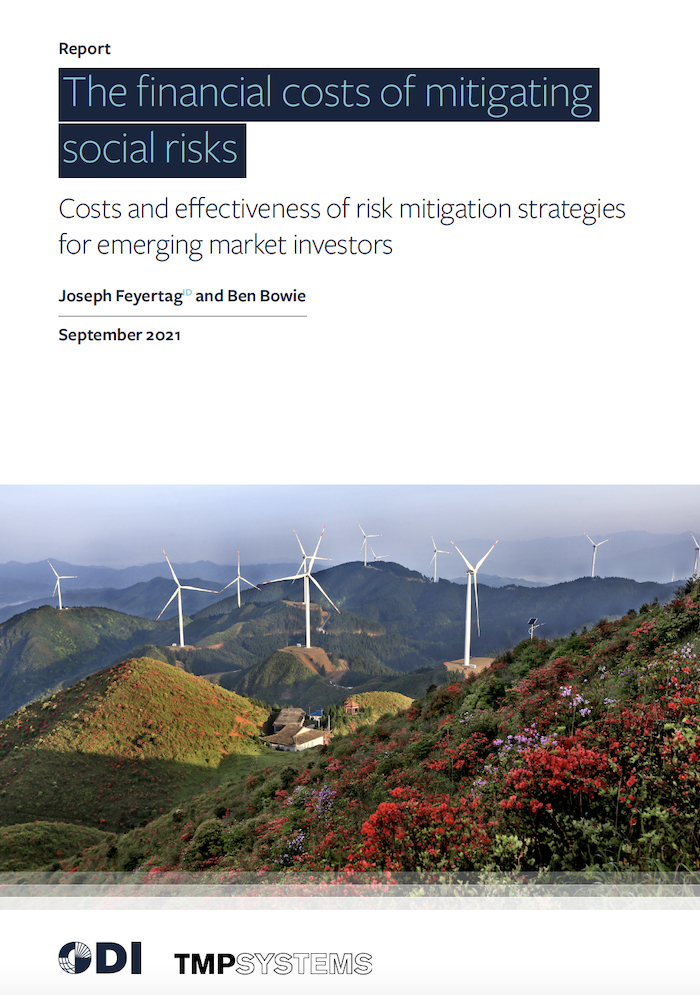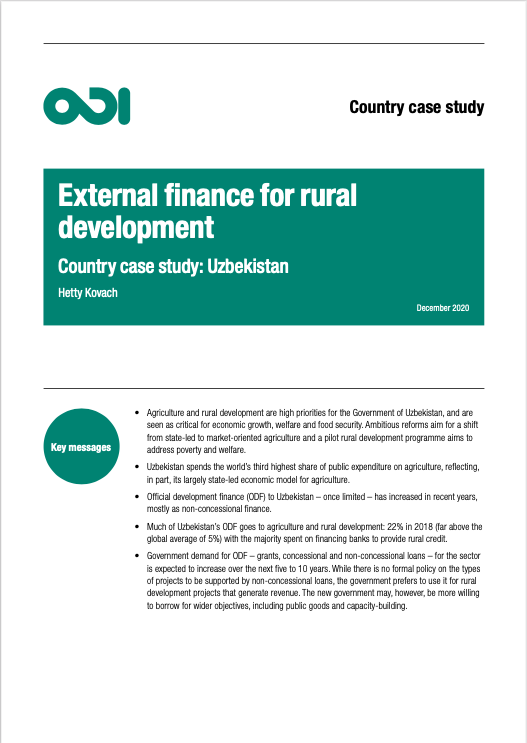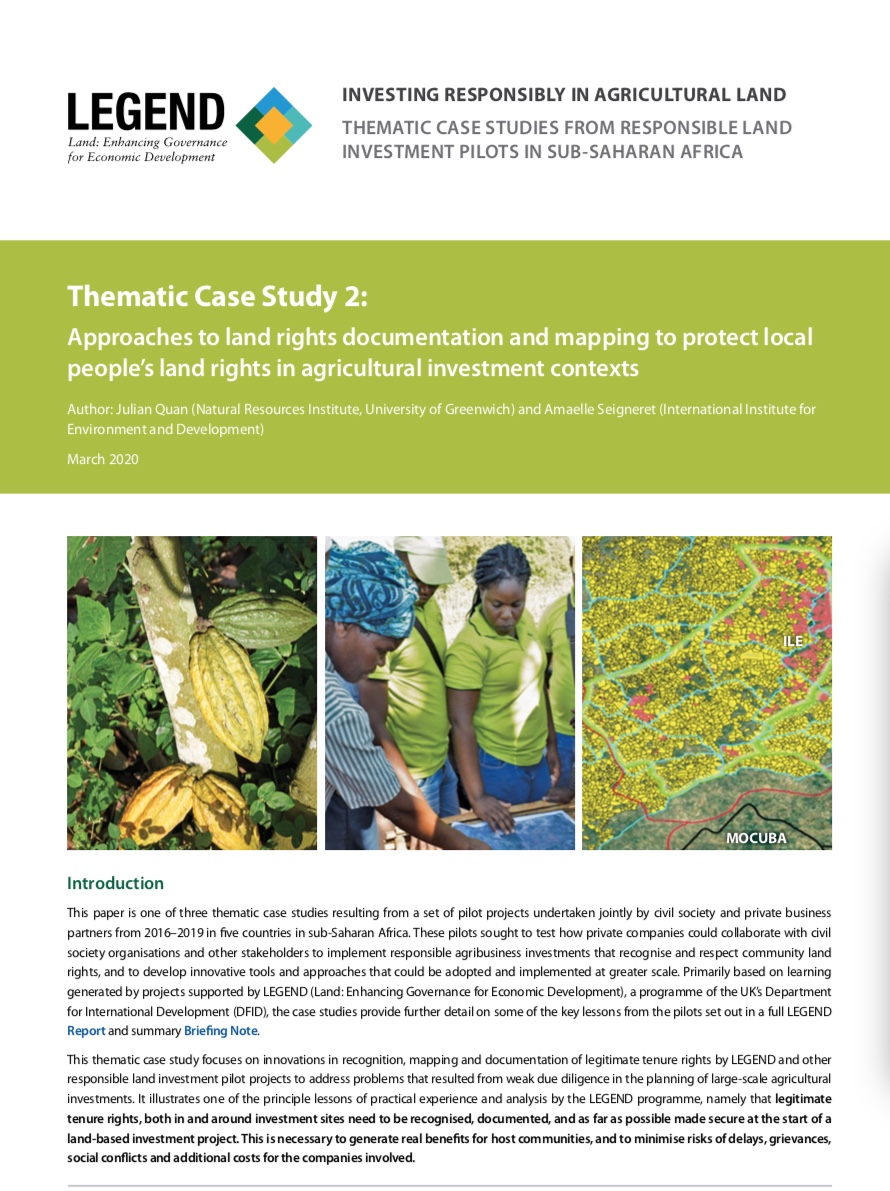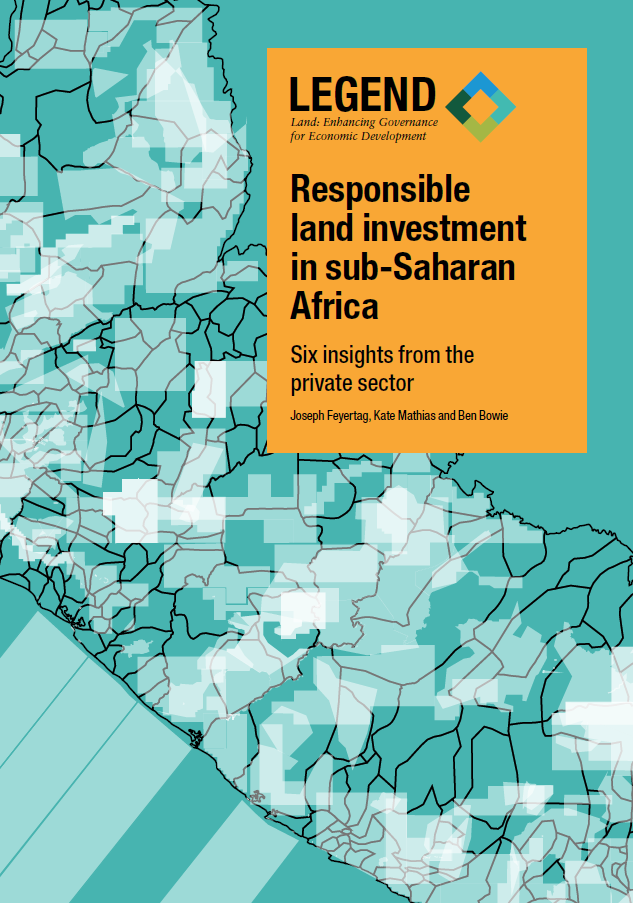The Overseas Development Institute (ODI) is the UK's leading independent think tank on international development and humanitarian issues.
Mission
Our mission is to inspire and inform policy and practice which lead to the reduction of poverty, the alleviation of suffering and the achievement of sustainable livelihoods in developing countries.
We do this by locking together high quality applied research, practical policy advice, and policy-focused dissemination and debate.
We work with partners in the public and private sectors, in both developing and developed countries.
Values
- Independence: ODI’s research, public affairs and policy advice are independent from its funders, and staff are able to challenge donor thinking and policy and the wider development consensus.
- High quality: Best practice, innovative approaches and continuous improvement are ensured in research, policy advice and public affairs.
- Fairness, diversity and equality: All staff and partners are treated fairly and with respect. ODI employment, disciplines and processes are appropriate for an institute focused on international development.
- Working together: There is continuous effort to foster better relationships throughout the organisation.
- Transparency and accountability: There is open reporting on the use of public funds, with full communication of our work to our donors, research subjects and partners.
- Sustainability: Resources are used in a sustainable way that reflects consciousness of the impact on the environment. The organisation works in a way that is sustainable, backed by commitment to its long-term viability.
Members:
Resources
Displaying 1 - 5 of 111The financial costs of mitigating social risks
This report assesses the costs and effectiveness of responsible investment practices in emerging market contexts. Its results make the business case for investments in social risk mitigation and avoidance practices. Such practices include community engagement efforts, impact assessments and the establishment of grievance resolution mechanisms. Implemented correctly, responsible investment practices engender confidence and trust between investors and local communities, which secures social buy-in and mitigates the financial risks associated with disputes.
External finance for rural development
This country case study summarises key findings from a country analysis of financing for rural development in Uzbekistan. It is one of 20 analyses that is synthesised for comparison in Prizzon et al. (2020).
The case study has two main objectives:
• to map demand from the Government of Uzbekistan over the next five to 10 years for external development assistance to support public investment in inclusive and sustainable rural development
Approaches to land rights documentation and mapping to protect local people’s land rights in agricultural investment contexts
This paper is one of three thematic case studies resulting from a set of pilot projects undertaken jointly by civil society and private business partners from 2016–2019 in five countries in sub-Saharan Africa. These pilots sought to test how private companies could collaborate with civil society organisations and other stakeholders to implement responsible agribusiness investments that recognise and respect community land rights, and to develop innovative tools and approaches that could be adopted and implemented at greater scale.
Slide deck: Six private sector insights on responsible land investment in sub-Saharan Africa
This slide deck present's LEGEND's work on responsible land investment in sub-Saharan Africa.
Responsible land investment in sub-Saharan Africa
This briefing consists of six insights drawn from the feedback of qualitative interviews with 37 companies aiming to invest responsibly in land, drawing on key principles from the CFS-RAI Principle 5 and the Voluntary Guidelines on the Responsible Governance of Tenure (VGGT).






